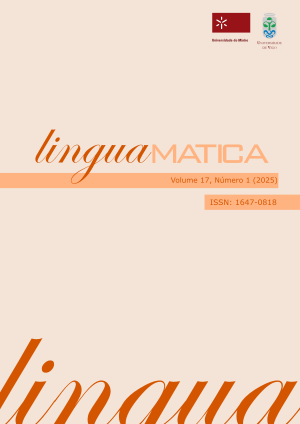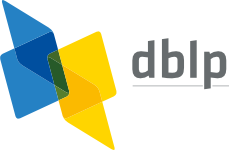SLEEC assignment of descriptors to judgments of the Supreme Court of Justice of Portugal
Abstract
Extreme Multi-label Classification (XML) involves predicting multiple labels for a given input, a fundamental problem in domains such as text categorization, recommendation systems, and image tagging. This task presents significant challenges for machine learning and information retrieval, particularly given the exponential growth of online data and the concomitant need for algorithms capable of handling large-scale datasets with numerous labels. Traditional classification methods are inadequate for this task due to the vast number of possible label combinations and the sparsity of label assignments. This paper reports the results of a project with the Supreme Court of Justice of Portugal (``Supremo Tribunal de Justiça Português'') to address the problem using Sparse Local Embeddings for Extreme Multi-label Classification (SLEEC), an embedding-based approach that showed promising results in legal datasets. Our goal was to associate descriptors, which categorize court judgments, with the judgments themselves. This work tackled various challenges, including a large number of descriptors, an unbalanced dataset, numerous tail labels, and extensive document lengths. Our experimental results demonstrate that our approach achieved a precision/recall variation ranging between 0.57 and 0.68, indicating promising performance in this complex task.
Copyright (c) 2025 Martim Zanatti, Ricardo Ribeiro, H. Sofia Pinto, José Borbinha

This work is licensed under a Creative Commons Attribution 4.0 International License.
Authors who publish with this journal agree to the following terms:
- Authors retain copyright and grant the journal right of first publication with the work simultaneously licensed under a Creative Commons Attribution License that allows others to share the work with an acknowledgement of the work's authorship and initial publication in this journal.
- Authors are able to enter into separate, additional contractual arrangements for the non-exclusive distribution of the journal's published version of the work (e.g., post it to an institutional repository or publish it in a book), with an acknowledgement of its initial publication in this journal.
- Authors are permitted and encouraged to post their work online (e.g., in institutional repositories or on their website) prior to and during the submission process, as it can lead to productive exchanges, as well as earlier and greater citation of published work (See The Effect of Open Access).













